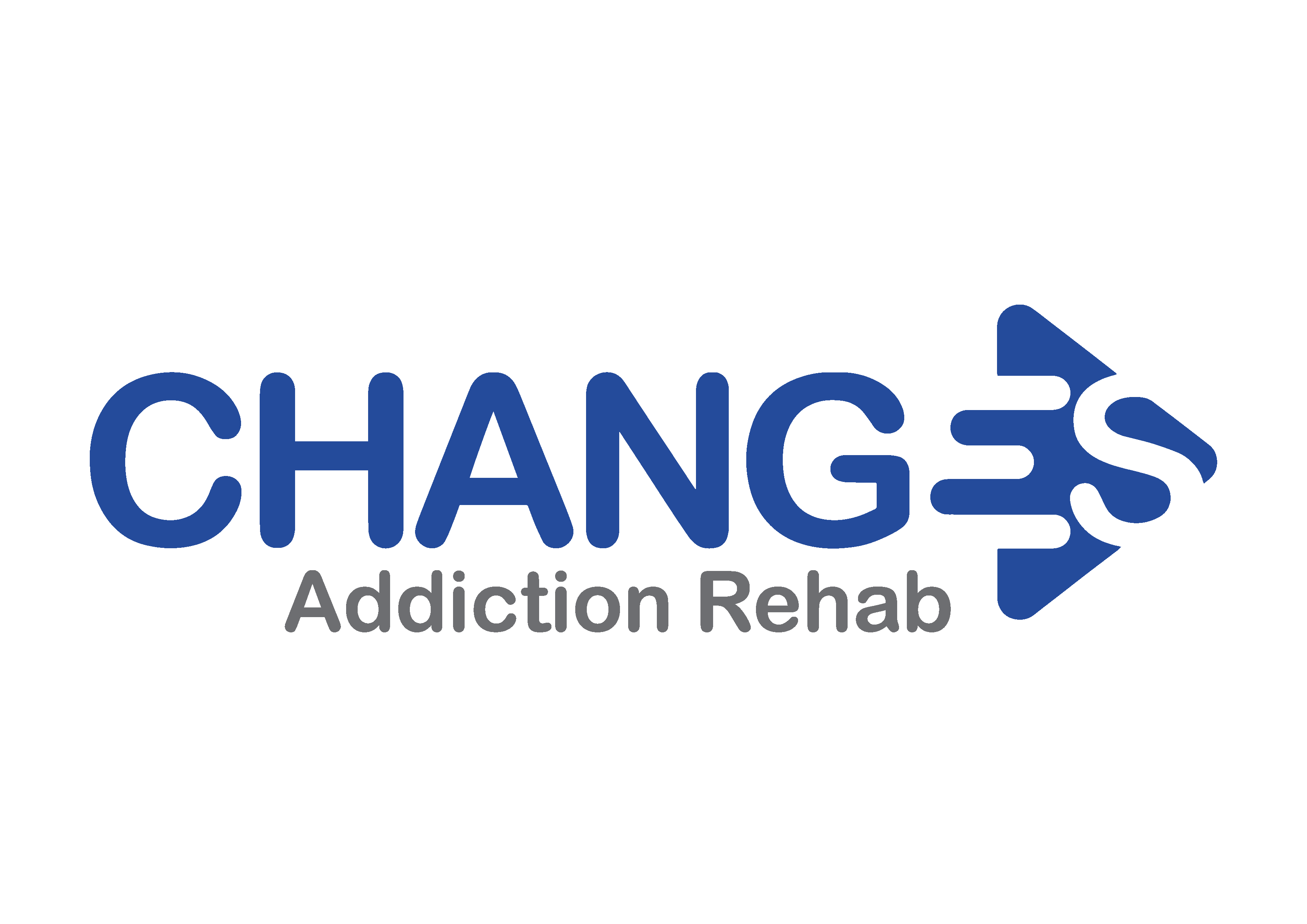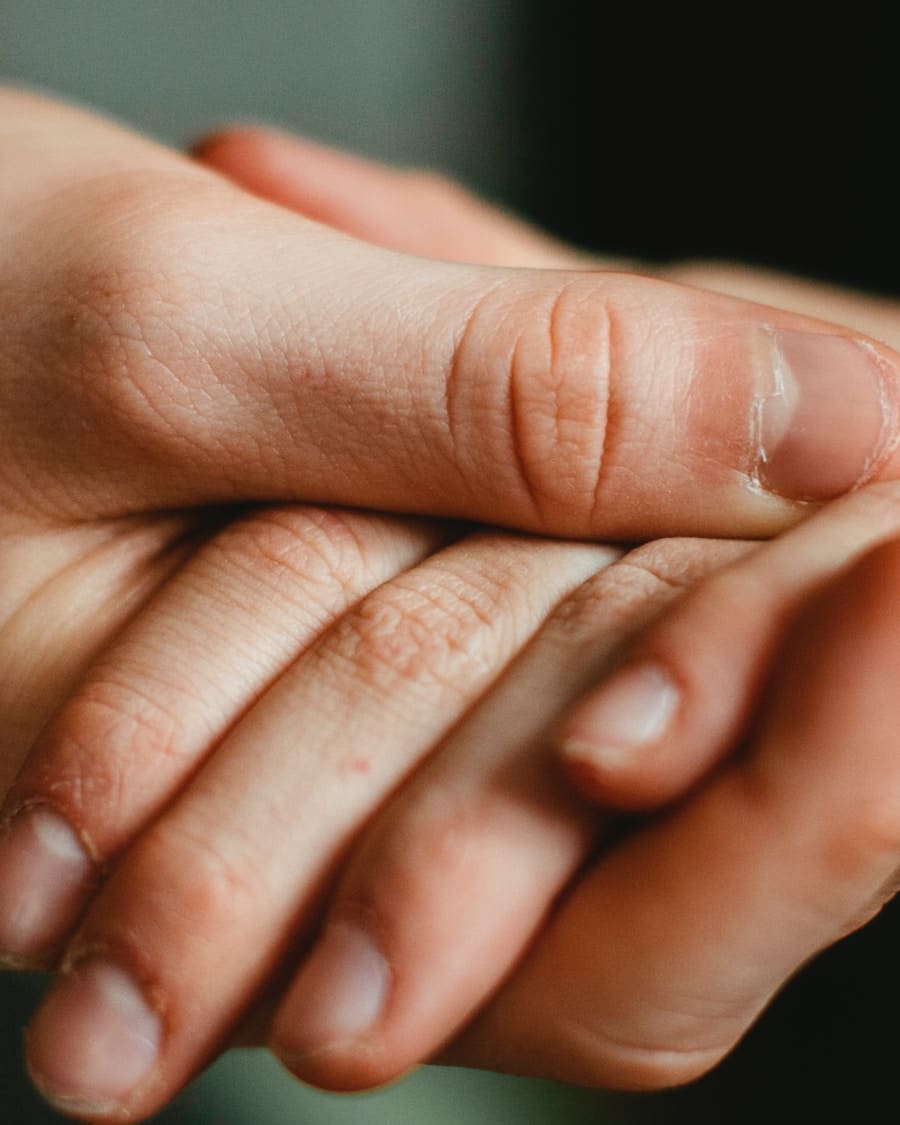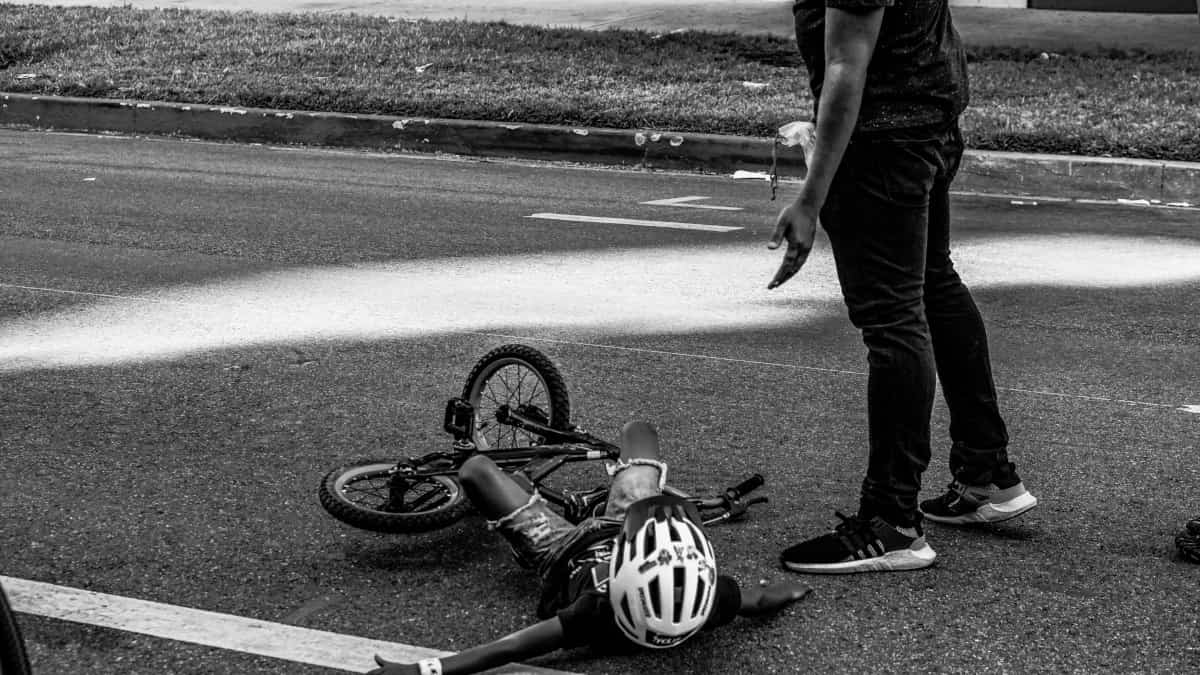Trying to help an addicted or alcoholic family member can sometimes backfire. Enabling a loved one’s addiction is very different to empowering recovery.
Enabling behaviours ultimately end up alleviating the addict or alcoholic from experiencing the discomfort of their behaviour. This also reduces their barriers to using or drinking.
This enabling prevents the addict or alcoholic from seeing how serious their addiction is and stops them from taking responsibility for getting treatment and recovery. The first step in tackling any problem is getting to know what that problem is and becoming aware of all the unconscious dynamics at play.
We feel we’ll do anything to support our children, partner, parent or friend who is struggling with alcoholism or drug addiction. These good intentions are noble. They work well when helping them if their car breaks down or we need to look after their children for a few hours.
With active addiction, these seemingly helpful actions, like lending them money or covering for them when they skip work or school, are likely to enable their addiction by preventing them from reaching rock bottom and asking for help.
There is a fine line between enabling a loved one’s addiction and empowering your addicted loved one to take responsibility for a positive movement towards recovery. We’ll help you to learn what constitutes healthy support when it comes to dealing with addiction in a person you love.
Enabling is almost always not intentional and most families believe they are doing the right thing by saving their loved one from consequences and from being accountable for their actions.
 Answer the following eight questions to get a better idea of whether you are enabling an addictive cycle. If you find yourself answering ‘yes’ to some or all of these questions, call Changes Addiction Rehabilitation Centres now on 081-444-7000 to seek professional help from an addiction expert. to help you start to shift the dysfunctional family dynamics in order to really help your loved one get help and attend a treatment programme.
Answer the following eight questions to get a better idea of whether you are enabling an addictive cycle. If you find yourself answering ‘yes’ to some or all of these questions, call Changes Addiction Rehabilitation Centres now on 081-444-7000 to seek professional help from an addiction expert. to help you start to shift the dysfunctional family dynamics in order to really help your loved one get help and attend a treatment programme.
1. Covering Up Your Loved One’s Addiction?
Have you covered for your wife or husband when they are too hungover to go to work and their boss calls? Have you lied about your child being sick when they have been absent from school after a bender? It might be more subtle, you might explain to a concerned family member that your mother is struggling with some or other emotional problem which is why she hasn’t been talking to the family or attending social events.
If you find yourself regularly lying or making excuses for your loved one’s substance use or the consequences of their actions, you may be enabling their addiction whether that was your intention or not.
Covering up for them shields them from facing the reality of their situation and the potential consequences. These negative consequences are important because they are usually the only thing that can motivate someone who is struggling with addiction to look for or ask for help.

Medical Aid Pays for Changes Addiction Rehab.
We’ll facilitate the pre-auth and admission process for you.
2. Providing Financial Support?
This is probably the most obvious form of enabling and is usually what people focus on when it comes to talking about this issue. Many parents will continue to support adult children, paying for their rent or bond so they don’t get kicked out of their house or buying food and clothes. This has the effect of not allowing the addicted person to feel the consequences of their behaviour, what we know today to be a brain disease. Your loved one isn’t weak-willed, lacking morals or strength of character, they’re ill and need treatment to get better.
The truth is the addicted loved one’s financial responsibilities are theirs, not yours – no matter how well-intentioned this support may be. That’s why the distinction between enabling and empowering is such a fine line. Of course, you want to help. Finding appropriate ways to do this is critical.
Constantly being saved by family members who take on the addict or alcoholic’s financial responsibilities only allows them to continue to use their money for drugs and alcohol instead of covering their basic needs.
A healthy version of financial assistance would be to contribute to the cost of treatment. Generally, we advise that the only costs families absorb for their alcoholic or addict is their medical aid fees. Private health care is necessary in South Africa and when the family has made a shift and ready to apply the necessary leverage to get their loved on into rehab, the medical aid will help reduce some of the costs.
3. Take On Your Loved One’s Responsibilities?
Taking on the responsibilities of an addicted loved one, such as caring for their children or managing their finances, can be enabling.
 It becomes particularly difficult to deal with this type of enabling when minors are involved. Children need to be taken care of and not neglected. An addiction professional will be best able to help you decide where enabling a parent to avoid responsibility ends and where genuinely putting the needs of a child begins.
It becomes particularly difficult to deal with this type of enabling when minors are involved. Children need to be taken care of and not neglected. An addiction professional will be best able to help you decide where enabling a parent to avoid responsibility ends and where genuinely putting the needs of a child begins.
Other responsibilities that a loved one may take on for their addicted family member include doing tasks around the house, administrative duties like renewing car or driver’s licence or typing up a CV and looking for employment. By taking on these tasks, you may be alleviating the pressure that might otherwise motivate them to seek help and change their behaviours.
4. Neglecting Your Own Needs?
It’s essential to maintain your well-being and self-care when supporting a loved one struggling with addiction and if your support compromises your own needs in any way, you need to take a closer look at the dynamics and motives at play.
If you constantly prioritise their needs above your own, you may be reinforcing their dependency on you as well essentially sending them a message that you will always be there to rescue them and that they have no reason to change. In this dynamic, the addict or alcoholic will choose to keep the status quo because it always benefits them. We get many calls daily from families that are tacitly enabling their loved one by providing a roof over their head, hot water, food and wifi… While this is the case the addict will never choose treatment and recovery. Why would they change when you’ve just given them a safe place to hold up and recoup in? They can focus all their energy on finding ways and means to get more drugs and alcohol, rest up at your place, use your resources, and head back our to do it all again.
5. Avoid Addressing The Addiction Or Setting Boundaries?
Your silence on this issue is a clear signal to the person in active addiction that there is nothing wrong with them and how they are living their life. Communicating openly and honestly about the impact of their addiction on your relationship and establishing healthy boundaries can provide the necessary push or catalyst for them to seek help.
However, any boundaries you do set need to be enforced otherwise the addict will realise you are not serious and they will continue on as before. Changing the habits of a lifetime is immensely difficult and often families need the appropriate professional support from an interventionist or other professionals to establish bottom lines, and boundaries and to carry through on them.
6. Participating in Their Substance Use or Addictive Behaviours?
If you partake in your loved one’s substance use or facilitate their access to drugs or alcohol, you are directly enabling their addiction.
 This is a more obvious form of enabling and does not happen in many cases. But many parents of addicted youngsters do in fact allow their children to use or drink under their roof because ‘at least he is safe here’ or ‘I can control the situation’ or ‘here they won’t get into trouble and hurt someone else’. Other times family members provide the addict or alcoholic with substances so that they won’t resort to crime to feed their habit, essentially protecting them from legal trouble which is a serious consequence that has the potential to nudge them into treatment.
This is a more obvious form of enabling and does not happen in many cases. But many parents of addicted youngsters do in fact allow their children to use or drink under their roof because ‘at least he is safe here’ or ‘I can control the situation’ or ‘here they won’t get into trouble and hurt someone else’. Other times family members provide the addict or alcoholic with substances so that they won’t resort to crime to feed their habit, essentially protecting them from legal trouble which is a serious consequence that has the potential to nudge them into treatment.
These behaviours are tantamount to assisting their covert suicide. Harsh, but true.
It’s crucial to evaluate your involvement in their addictive behaviours and consider how you can change your actions to support their recovery instead.
7. Consistently Rescue Them from the Consequences of their Addiction?
Consistently rescuing a loved one from the consequences of their addiction, such as making excuses when they don’t get to school or work, justifying why they behave badly, are so moody or even bailing them out of jail or paying off their debts, does enable them to continue their destructive behaviours without experiencing the ramifications. Allowing them to face these consequences may be the wake-up call they need to seek help.

We offer a free callback service 24/7 on 081-444-7000
Or email: [email protected]
8. Struggling To Accept Your Limitations To Help Your Loved One?
Recognising and accepting your limitations in helping your loved one is crucial to avoid enabling their addiction. Family members need to give up the illusion of control. You simply do not have the power to control or change the addict other than via clear boundaries and enforcing consequences. Cajoling, begging, asking nicely, guilt-tripping or overwhelming them with love and attention will not lead to any change. Unfortunately, your loved one has to do the work in terms of getting an appropriate level of care to empower them to build up their recovery. Realising you can’t do it for them can be a difficult process for many families, but it is necessary.
Seeking professional advice and support for yourself and your family can really help you introduce healthier dynamics into the family system as well as encourage your loved one to pursue treatment and recovery.
 Remember, the process of change is challenging and requires patience, understanding, and commitment from everyone in the family and support network.
Remember, the process of change is challenging and requires patience, understanding, and commitment from everyone in the family and support network.
Everyone needs to be on the same page and act in congruence with each other by consistently enforcing any agreed-upon boundaries. Any weak link in the chain will be exploited by the alcoholic and allow them to continue drinking. Once addicted to alcohol or other drugs, their primary relationship is with the substance. They are driven to seek and drink/use and continue the destructive cycle. A strong indicator of addiction is that they always choose drugs or alcohol over you and the family.
Professional help from a therapist specialising in addiction, a qualified interventionist or an addictions counsellor may be the best route to start this process in the right way, it can be extremely difficult to change these deeply ingrained dynamics by yourself.
Additionally, support groups for families of addicts can offer a safe space for sharing experiences, learning from others, and finding emotional support and a measure of comfort in this scary and unfamiliar territory.
9. Enabling a Loved One’s Addiction?
In South Africa, there are numerous resources available for families searching for help. Changes Addiction Rehabilitation Centres in Johannesburg tailors treatment programmes to the unique needs of your loved one. Our family support groups for inpatients can be found here.
You can’t cure your loved one or will them into recovery, but you can create an environment that encourages and supports their decision to seek help and play a vital role in your loved one’s journey towards recovery while making the entire family system healthier. Learn about the science of addiction
